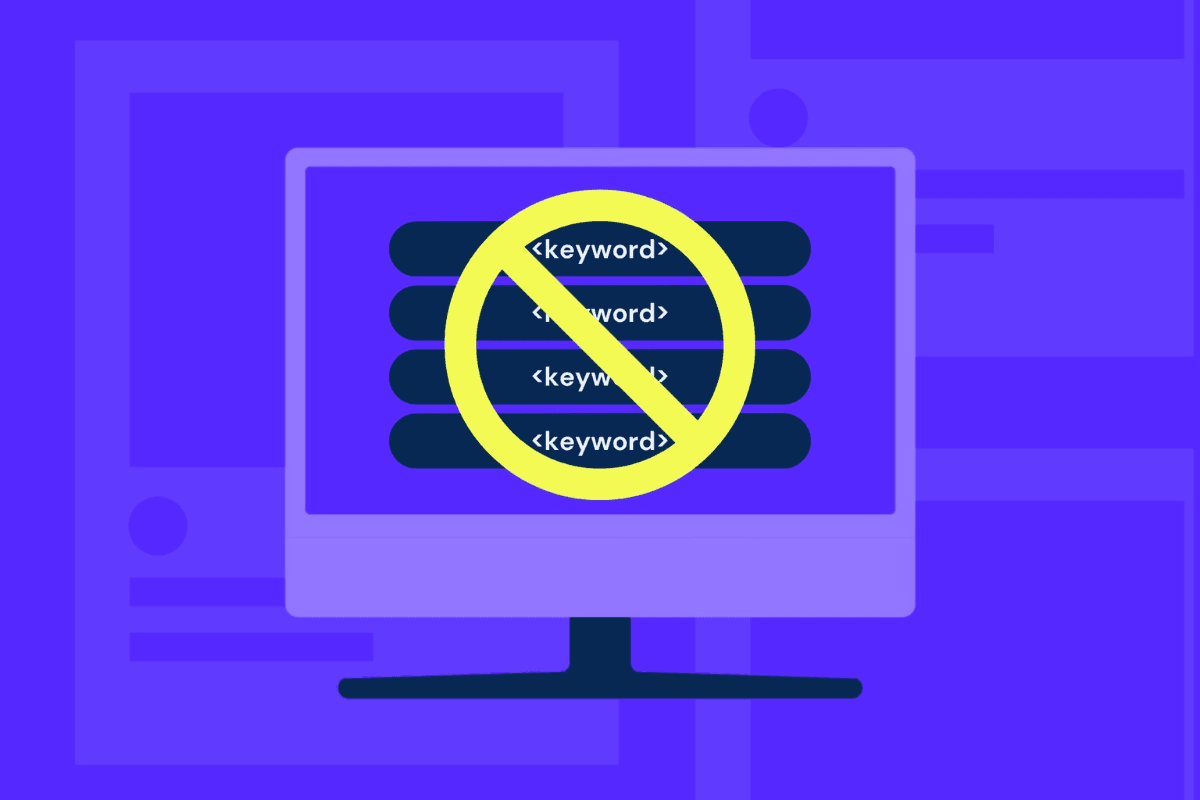When it comes to running cost-effective Google Ads, knowing what to avoid is just as important as what to target. That’s why advertisers and every top PPC service Gold Coast rely on negative keywords to stop ads from showing on irrelevant searches. Used correctly, they sharpen audience targeting and protect your ad budget.
Table of contents

What are negative keywords?
Put simply, negative keywords are terms that prevent your ad from appearing in unwanted search results. By excluding certain queries – like “free,” “cheap,” or unrelated services – you help ensure only relevant users see your ads.
According to Google Ads Help, using these exclusions can “prevent your ad from being triggered by a certain word or phrase,” helping marketers avoid wasting spend on low-intent clicks.
For instance, a PPC service Gold Coast promoting luxury products might block searches related to discounts or secondhand goods.
How do these filter terms work?
These filter words operate in reverse: instead of triggering ads, they stop them. If your ad campaign includes “organic coffee” but blocks the word “instant,” your ad won’t appear when someone types “instant coffee.”
This level of control allows advertisers to fine-tune who sees their content – boosting both click-through rates and conversions. It’s a strategy many agencies use to align ad visibility with business goals.
Understanding account-level exclusions
Most advertisers apply blocked terms at the ad group or campaign level, but Google now allows account-wide exclusions. This means you can set up a global list of unwanted search terms to apply across all campaigns in one account.
This feature, highlighted in Google’s latest updates, is especially helpful for multi-brand advertisers or any PPC service Gold Coast managing multiple campaigns. It ensures consistency and eliminates the need to manually repeat exclusions.

Match types for excluded terms
There are three match types to consider when setting your exclusion list:
- Broad Match – Blocks any search containing all the words, in any order
- Phrase Match – Blocks searches with the exact phrase
- Exact Match – Blocks only searches that match the exact keyword
Choosing the right match type helps avoid blocking valuable traffic. For example, blocking the phrase “free trial” in exact match will still allow “30-day free trial software,” while broad match would block both.
Special characters and Symbols
Google Ads doesn’t recognize most symbols in blocked search terms. Characters like &, %, and # are ignored. However, apostrophes and hyphens are generally accepted when relevant.
So if you add a term like children’s classes, the system will also catch childrens classes. It’s always a good idea to test how your terms are interpreted, especially when using plural forms or special spellings.
Why you should use exclusion lists
Whether you’re managing ads in-house or hiring a PPC service Gold Coast, mastering negative keywords is key to optimizing ad spend. These block terms act as filters, keeping your campaigns focused on users most likely to convert.
By excluding irrelevant traffic, marketers can drive better ROI, cleaner data, and stronger ad performance. Start small, test often, and let strategy, not guesswork, guide your exclusions.




